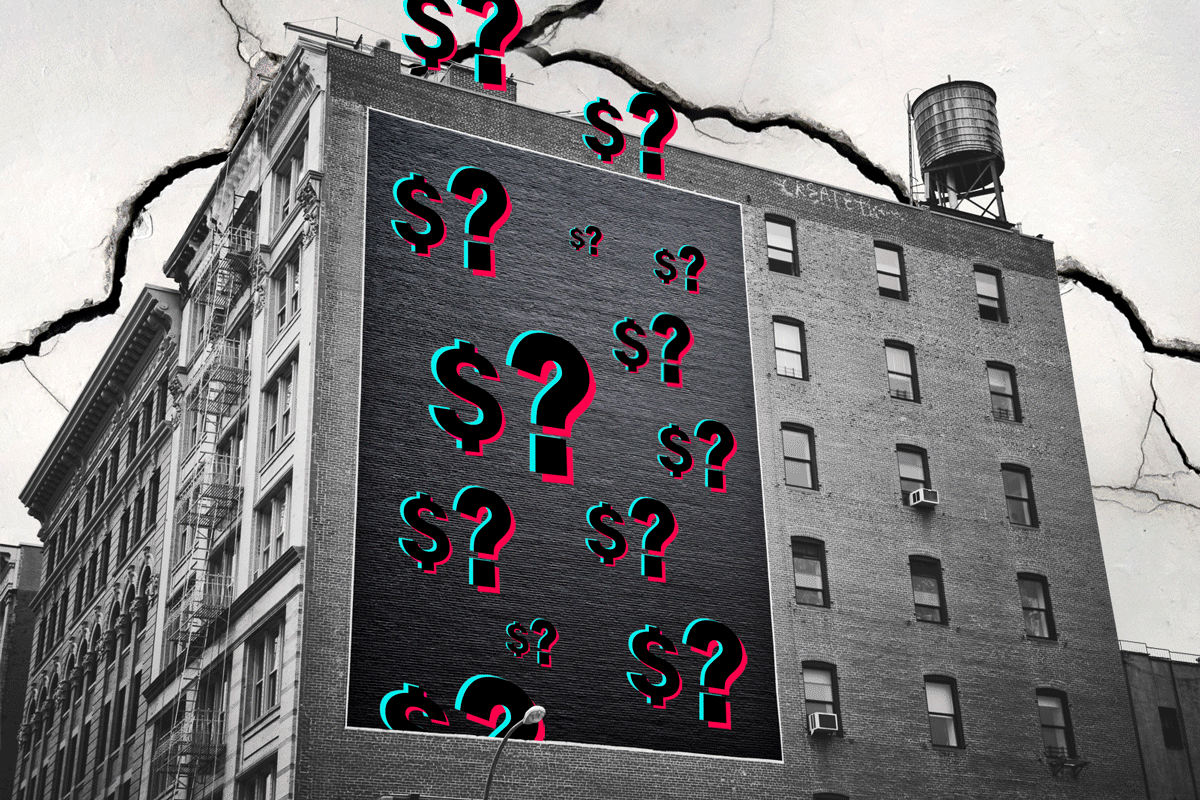In late January, a Lower East Side renter dished on TikTok about getting a rent rollback and $6,000 refund.
Carla Badami explained to her thousands of followers how she’d sussed out an overcharge by requesting her unit’s rent history from the state. Badami said that she learnedthe legal rent was $1,295, after nearly a year of paying $1,850, and nabbed a rent-stabilized lease and $6,000 reimbursement from her landlord.
@thanks_management #stitch with @Review & Rent NYC Apartments #fyp #nyc #nycapartment #nycrent #nycrealestate #nycapartments ♬ original sound – Carla Mia
By late February the video had racked up 4 million views and the state housing agency said a 167 percent surge in weekly requests for rent histories was causing delays — all thanks to ”social media activity”, The City reported.
But has the TikTok trend translated to a scourge of tenants crying overcharge to their landlords?

“Not that we have heard,” said Jay Martin, who heads the Community Housing Improvement Program.
Ann Korchak, president of the Small Property Owners of New York, echoed that, as did Michael Tobman of the Rent Stabilization Association.
“The TikTok may have gone viral but it hasn’t produced a corresponding volume of requests for information,” Tobman said.
That’s likely because finding an overcharge is a shot in the dark and proving it is often a pain in the butt.
Cangemi lucked out in that her landlord was responsive and willing to make a deal, likely to avoid the time and expense of getting the state involved.

“This owner might have just said, ‘Screw it, I’ll save money this way,’” Martin said.
Tenants can file an overcharge complaint in court or with Homes and Community Renewal, which then investigates the claim. But litigation is no quick fix and HCR investigations are chronically backlogged, The City reported. Tenants have waited as long as seven years for a response. In the interim, many opt to throw in the towel.
Tobman noted that rent-stabilized tenants have an annual opportunity to challenge their rent. But renters who are overcharged typically don’t know their units are rent-stabilized, what the legal rent is, or that they can file a challenge.

When renters sign to renew, the landlord must provide a lease rider that details why the rent has increased, because of the Rent Guidelines Board’s annual adjustments, improvements the owner has made, or both.
The tenant can request documentation to show how renovation money was spent. The rider states that any tenant who suspects an “unlawful” rent can file a complaint.
“The vast, overwhelming majority do not,” Tobman said.
Read more



